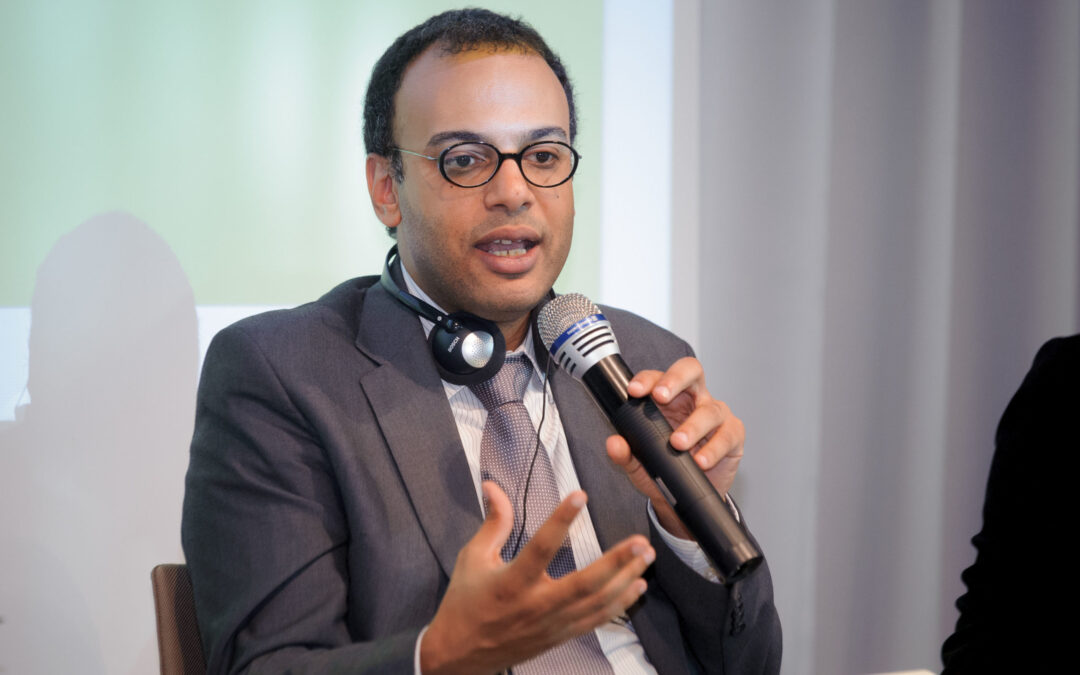
Nov 22, 2021 | News
Egyptian authorities should cease the harassment and persecution of prominent human rights defender and journalist, Hossam Bahgat, who faces abusive charges intended to punish him solely for exercising his right to freedom of expression and his human rights activism, 46 human rights organizations said today.
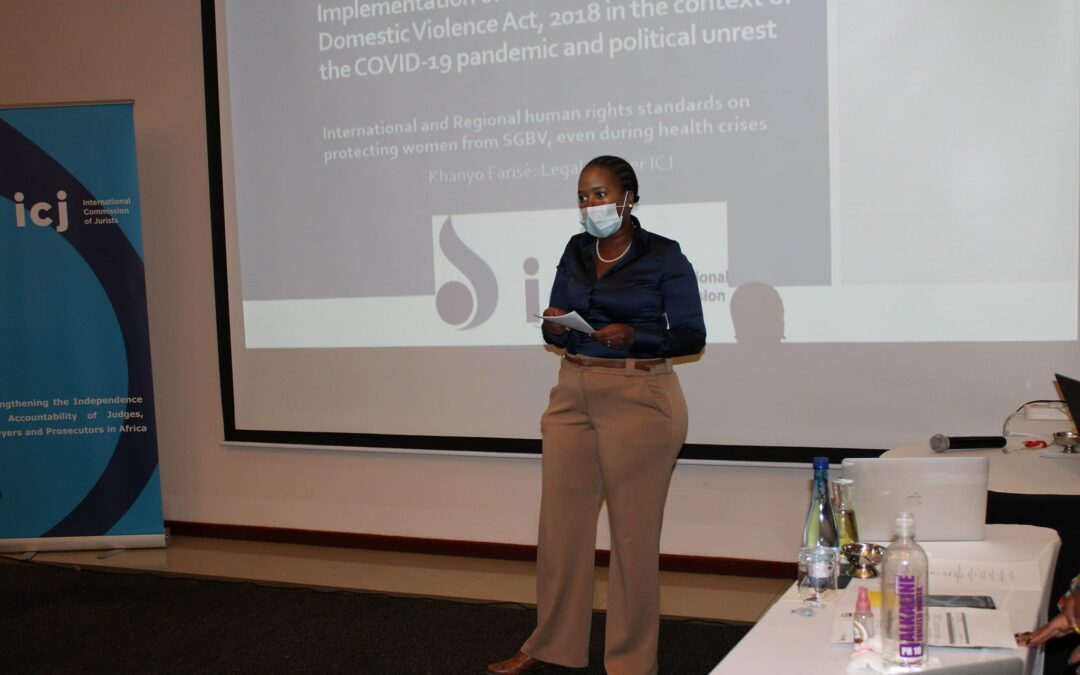
Nov 22, 2021 | News, Non-legal submissions
During a recent visit to Eswatini from 2 to 5 November 2021, the International Commission of Jurists (ICJ) engaged with civil society organizations, lawyers, the Swaziland Human Rights Commission and government officials on the local human rights record. The ICJ subsequently filed a submission to the ACHPR documenting its findings, and supported the drafting of a separate submission by the Foundation for Socio-Economic Justice (FSEJ) in Swaziland. These submissions draw on the ICJ’s human rights work on Eswatini over more than a decade, as well as on the FSEJ’s continued human rights advocacy and monitoring in context of the current pro-democracy protests.
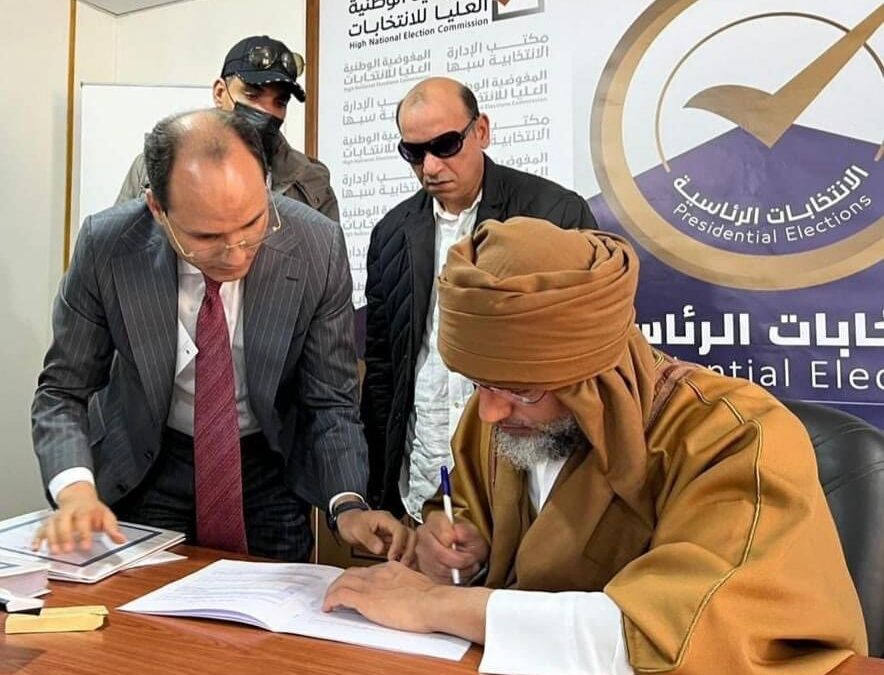
Nov 20, 2021 | News
Libya’s High National Electoral Commission (HNEC) must ensure that alleged perpetrators of serious human rights violations be barred from running in the 24 December 2021 elections, the International Commission of Jurists (ICJ) said today.
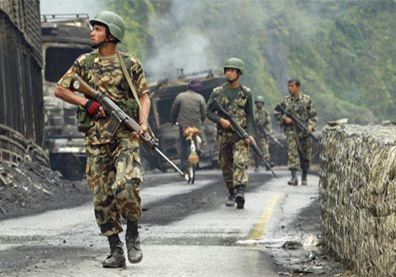
Nov 20, 2021 | News
Nepal has made no progress on justice for crimes under international law in the 15 years since the signing of the Comprehensive Peace Agreement, Amnesty International, International Commission of Jurists, Human Rights Watch and TRIAL International said today.
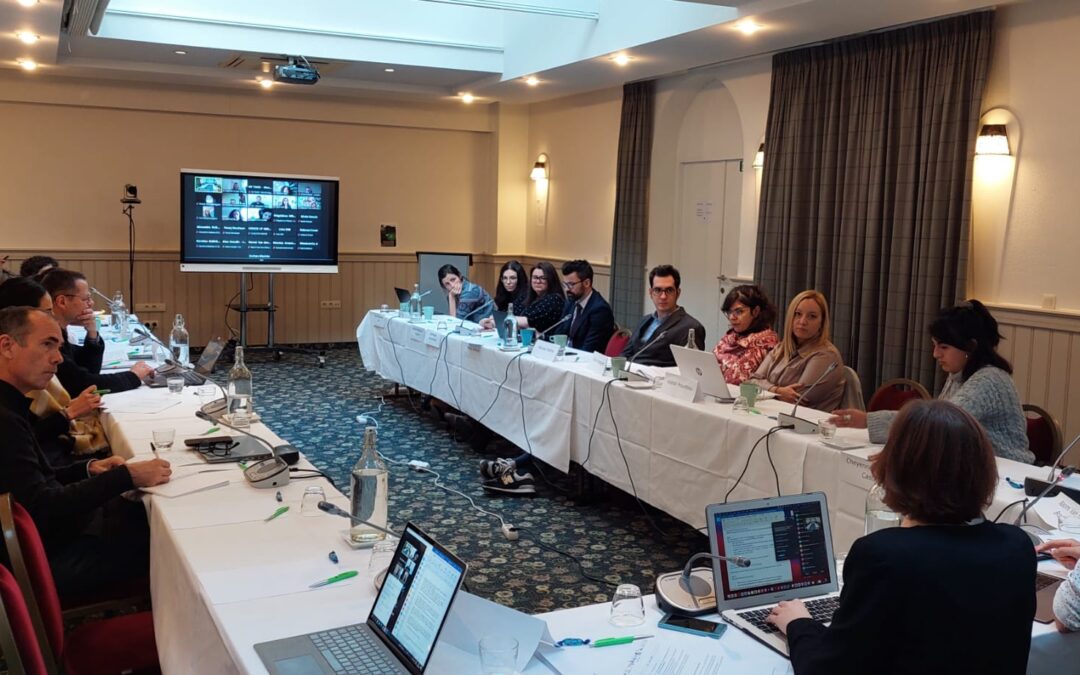
Nov 19, 2021 | Events, News
Building trust with a child in order to ensure their access to information and legal assistance is crucial from the very start. It can be best done in a safe space, and it is effectively impossible while the child is deprived of liberty, an ICJ workshop concluded.
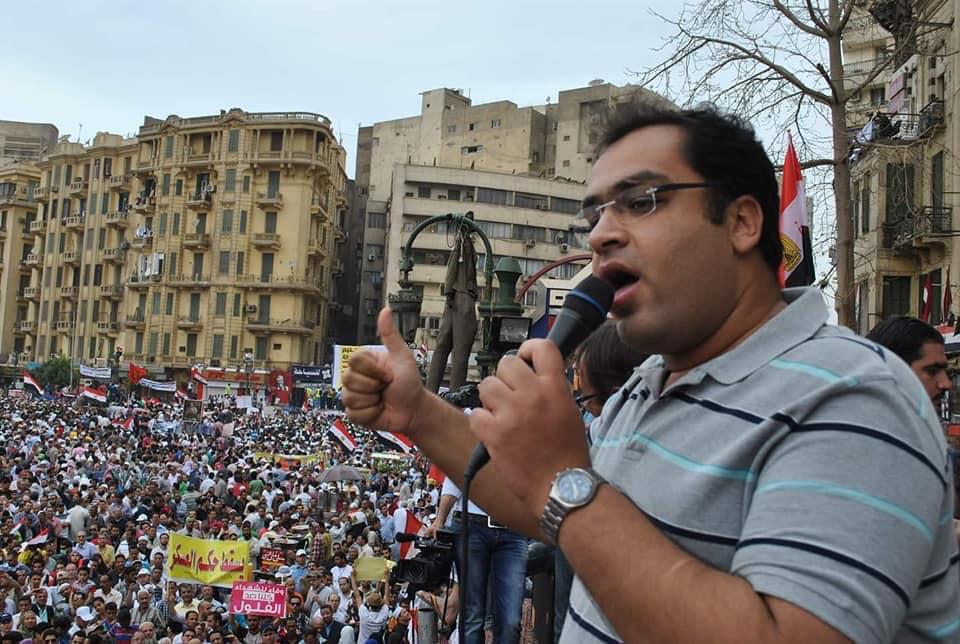
Nov 19, 2021 | News
The Egyptian authorities should quash the convictions of Zyad el-Elaimy, Hossam Moanis, Hisham Fouad and others in Case 957/2021, and ensure their immediate and unconditional release, said the International Commission of Jurists (ICJ) today.










